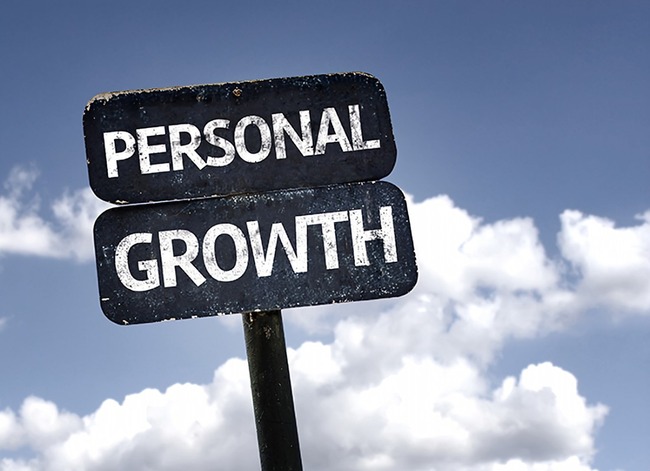Happiness is one of the most common human goals, but it is also one of the most elusive. Fortunately for us, “happiness” can manifest itself in a variety of ways and be triggered by a wide range of behaviors and life events. These various forms of happiness can now be found or developed in our lives thanks to research.
Joy
Losing yourself in the present moment and appreciating what you have gives you a sense of joy. It’s transient in the sense that it can sneak up on you and vanish if you try to analyze it too much. If you have the right attitude and perspective, you can find it in a variety of places, making it a relatively accessible form of happiness to seek.
Excitement
Despite the fact that it can last longer than joy, this emotion is still transient—it fades quickly and can turn into ennui. It can, however, be a motivating factor. For example, excitement about a new job can motivate you to work harder, and excitement about a new relationship can motivate you to put more effort into working through problems.
Excitement can also assist you in overcoming jitters.
The positive feelings you get from an activity can also be extended by excitement. The fun of a vacation can extend into the days and weeks before you even leave if you focus on your excited feelings of anticipation. This is a simple one to pursue because excitement isn’t hard to come by. Assume new responsibilities. Make a bucket list of things you want to do. When you have a big event coming up, allow yourself to be excited.
Gratitude
If you don’t actively focus on gratitude, it can fade away, but it’s also an important source of happiness. According to research, people who express gratitude on a regular basis are happier and healthier than those who are less prone to such feelings.
Gratitude is also very easy to cultivate. You can keep a gratitude journal, practice loving-kindness meditation, or simply tell people you care about them on a regular basis. It’s been proven that cultivating these feelings of gratitude can help you avoid feeling depressed, among other things. This type of happiness can be brought to mind again and again, even if it is less obvious.
Pride
While smug or competitive pride can be harmful, pride in one’s accomplishments can be a form of gratitude directed inward and is a wonderful source of happiness. You can be proud of your work and family, your home and yourself, and anything else you put time, effort, and love into.
Include personal accomplishments in your gratitude journal or keep a list of “wins” at the end of each day to cultivate a healthy sense of pride. This isn’t the same as bragging or being “full of yourself”—you’re not implying that you’re better than others because of your achievements, but rather that you’re a better version of yourself who appreciates it.
Optimism
Optimism has also been linked to better life outcomes in studies. Optimists are grateful and proud, and they tend to focus on possibilities. They’re grateful for all of life’s possibilities, proud of their abilities to harness these resources, and confident in themselves and their ability to achieve whatever goals they set for themselves.
When faced with disappointment, optimists tend to downplay it, identify ways to improve next time, and look for mitigating factors that contributed to their negative outcomes. They give themselves credit when they succeed and see it as a sign of better things to come. Optimism is more permanent than other forms of happiness because it is a way of life.
Contentment
Contentment means being happy with what you have. Those who are content are less disappointed by life’s drawbacks and feel lucky to have what they have in their lives already.
People strive to feel this form of happiness, and it can come with a focus of gratitude on what you have as well as a feeling that you have climbed high and deserve to enjoy the rewards that come with the effort. Reveling in your accomplishments and in everything you have can bring contentment, so focusing on what you have is a great way to stay content.
Love
Love and happiness are sometimes said to be interchangeable, that love is an infinite source of happiness, and happiness itself is a form of love. However, you look at it, both are vital to have in your life.
True love is fabled to be extremely difficult to come by, but in actuality, love can be found all around you. Family, friends, romantic partners, and even pets can all be sources of love, and focusing on all of these relationships can greatly enrich your life. This is a form of happiness that can come in endless supply.
Even though stressful relationships can sap us of happiness, healthy and supportive relationships can bring great and lasting happiness. Focusing on relationship skills, spending time with loved ones, and in other ways cultivating these relationships can help you to keep this form of happiness in your life.






